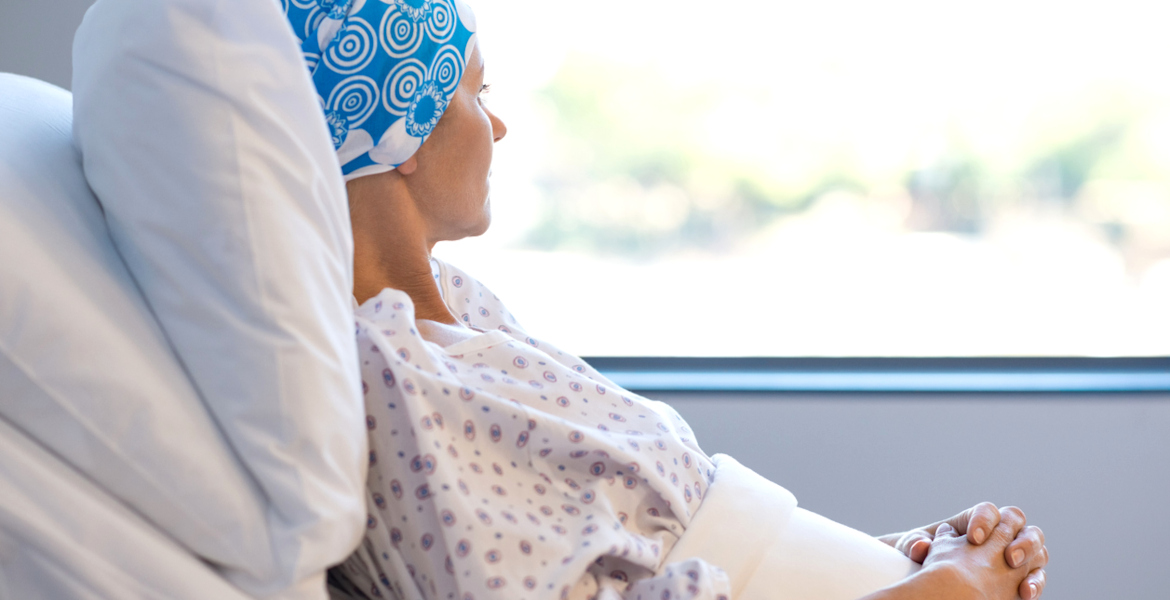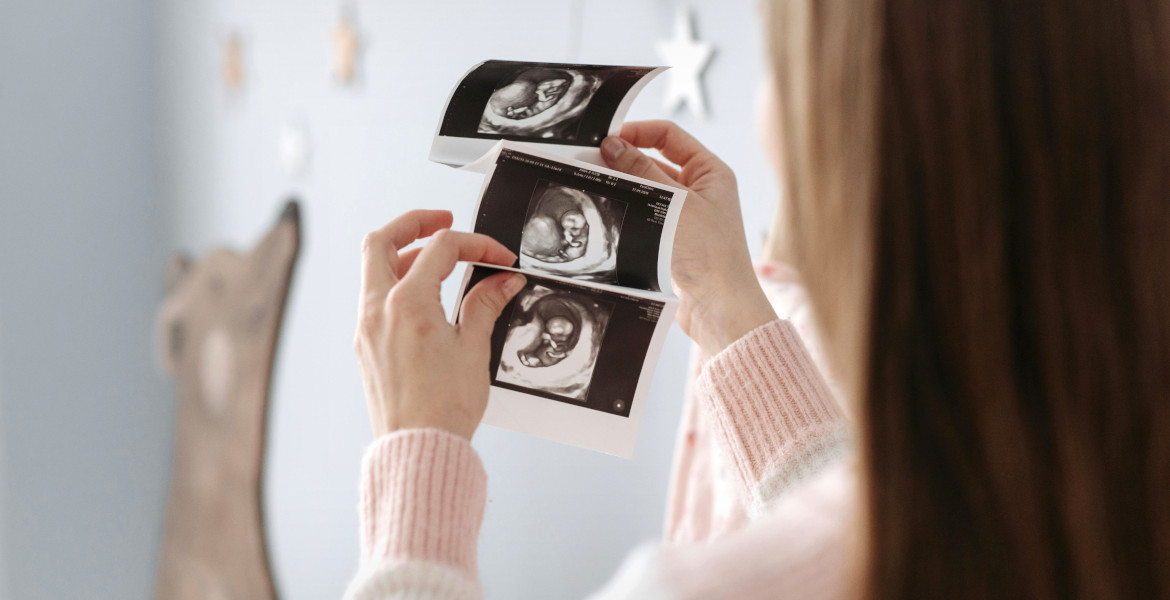Prostate cancer has increased by 500 percent among young Australian men. This is just the worst example of a very concerning trend – cancer cases among 30-39 year-olds have risen sharply over the past two decades.
Between 2000 and 2024, about ten different types of cancer have increased among the younger adult population. The technical term for this phenomenon is early-onset cancer, and according to data from Cancer Australia, the federal government's cancer agency, the figures are alarmingly high.
Among other increases, kidney cancer has risen by 85 percent, uterine cancer by 138 percent, liver cancer by 150 percent, pancreatic cancer by 200 percent, and prostate cancer has increased by 500 percent in this age group. Colorectal cancer has also increased by 173 percent, a type of cancer that is often detected late, making it harder to treat.
— Cancer has traditionally been a disease of aging, and bowel cancer, breast cancer, lung cancer, they all increase with age, says Dorothy Keefe, chief executive of Cancer Australia, to ABC and continues:
— But over the last 20 years, there's been a real – it's small in absolute numbers – but it is a real increase in the number of younger adults developing these cancers.
The increase is also occurring in the United States, where more and more young adults are being diagnosed with cancer.
Environmental toxins and childhood obesity
The increase puzzles researchers who cannot explain what causes it. While there are hereditary mutations that cause cancer, the younger patients do not carry these genetic changes. Researchers speculate that the increase may partly be due to environmental toxins in our surroundings.
— We are exposed to a broad universe of synthetic chemicals … that our biology isn't familiar with, and that has left a great deal of uncertainty, says Dr Christos Symeonides, who is an Australian pediatrician and also studies exposure to chemicals and microplastics.
The increase in childhood obesity is also seen as a possible explanation, as well as gut health. The proportion of cesarean sections has increased, for example, and this means that children do not receive the same microbiome as those born vaginally. This could potentially affect the development of their immune system, researchers believe.
— We have lots of bacteria in our gut … and it's that balance between good and bad bacteria that creates a healthy state, says Professor Gianluca Severi, senior cancer epidemiologist at the National Institute of Health and Medical Research (INSERM) in Paris, France.




